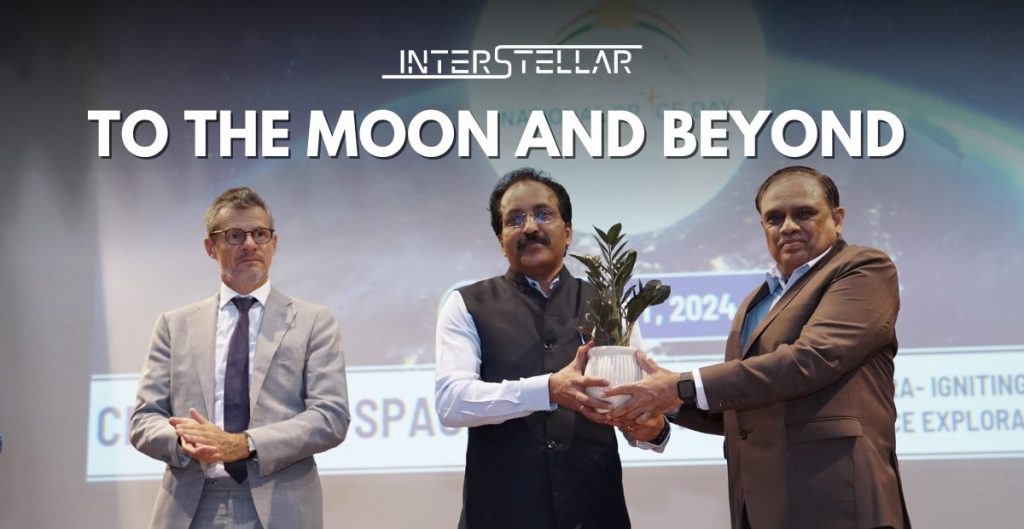On Friday, India will mark the successful Chandrayaan-3 mission to the Moon by commemorating that day as National Space Day. Ahead of that event, the All India Council for Technical Education (AICTE), in collaboration with ISRO and the Indian Space Association (ISPA), hosted an event titled “Creating a Space Ecosystem: A New Era – Igniting Young Minds for Space Exploration.”
It is intended to inspire young minds to pursue careers in space science and technology. A key highlight was the launch of a new curriculum on Space Technology, designed to equip the next generation with the necessary skills to further India’s space ambitions.
Dr. S. Somanath, Secretary of the Department of Space, underscored the vast opportunities now available for the youth in the space sector. He reflected on the long journey India has taken in space exploration, from launching small rockets at the Thumba Equatorial Rocket Launching Station, to now planning missions to Mars. He emphasised that space technology is not something that can be purchased but rather a skill that must be acquired over time.
“The gap that existed between us and the countries that were able to reach the moon has been bridged. Now, we are talking about going to Mars,” he said.
He also announced that the data collected by Chandrayaan-3 would be made available to the public for research purposes on August 23, 2024, during the maiden National Space Day celebrations.
Strengthening International Collaborations
The event also featured a special address by His Excellency Herve Delphin, Ambassador of the European Union. Ambassador Delphin highlighted the growing collaboration between India and the EU in the field of space technology and spoke about the healthy competition between nations in the space sector.
He noted that the first major collaboration between India and Europe occurred in 1981 when Europe’s Ariane 3 rocket launched India’s first geostationary satellite, Apple. This partnership has since evolved into a fruitful relationship in space exploration, with both regions benefiting from shared knowledge and resources, he added.
“Fair to say today EU and India both stand as major space actors and strategic actors. ISRO has notable partnerships with EU countries and few of them dating back to 50 years. Space cooperation represents an important choice for EU-India strategic dialogue and security dialogue considering the global security challenges we face,” he added.





